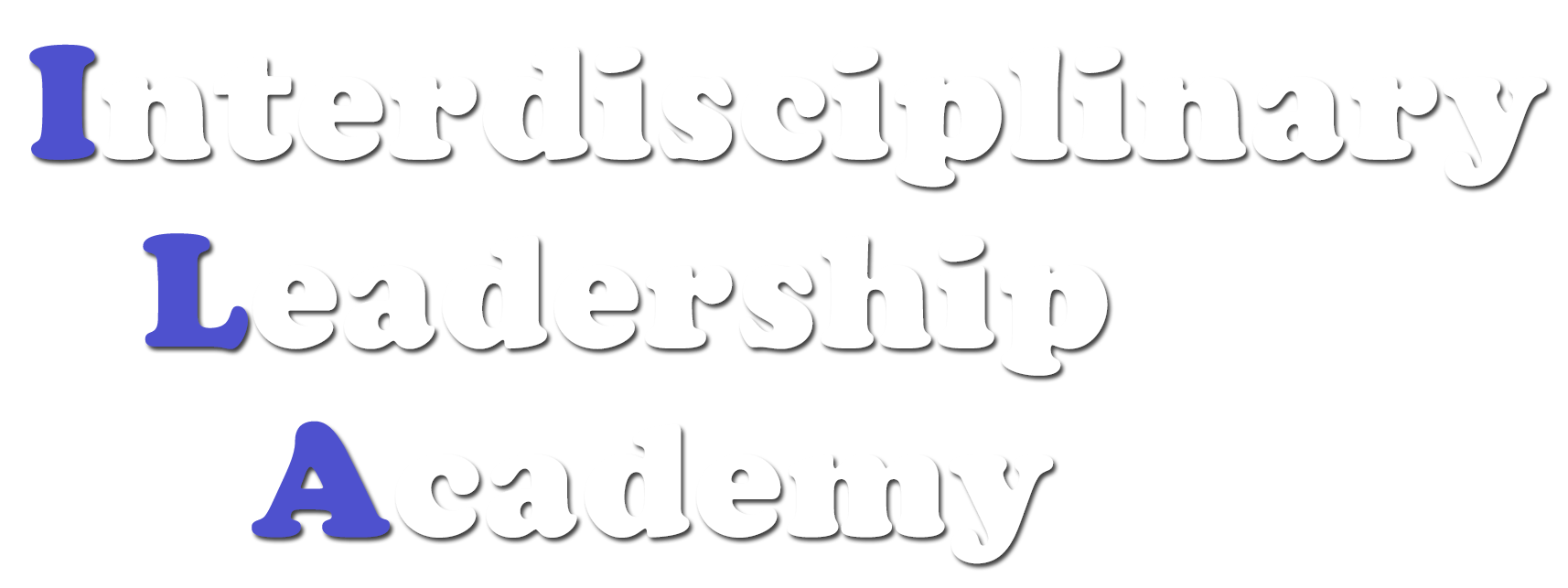The academic requirements of ILA demand active involvement at an intense and demanding pace. All classes and discussion sessions are conducted in English, so, good command of the English language is required. All events in the Academy are based on the Socratic educational method employing Dialogue and reflective thinking. In other words, they are interactive with discussion at all levels. Attendance and contributions are required.
The curriculum leads to a Certificate and the European Union Diploma Supplement for academic credit recognition from home University. Based on the hours of involvement it is calculated to 1 US credit hour or 3 ECTS per week. See the Modules offered below.
The Faculty is selected and invited among prominent Professors from acclaimed Universities around the world, recognized for their enthusiasm, knowledge and communicability. Alumni of our programs are preferred, as they have had the experience and share the vision.
The curriculum, updated for every session, explores the contemporary developments in International Development, Governance, Law, Conflict, Geopolitics, International Relations, Public Diplomacy and civil society, in an interdisciplinary reflective approach. Related simulations on actual topics set into practice the knowledge gained in the classroom.
The component of Leadership provides an understanding of leadership skills and potential, and how to most effectively put them to use in our everyday life, with an eye on ethics and the impact of self on other. The course blends a study of the above with a study of behaviors that comprise character ethic. The class will explore ways in which effective leaders help relationship systems evolve, while diminishing the sort of reactivity that sparks societal regression.
The Academy participants also attend the Chania Med Forum, applying the concept of "leadership in practice".
To have the background for interaction, a number of readings are required. It is highly recommended that participants become familiar with these readings before attending the program. The pace of the Academy is designed, as the name implies, to challenge the leadership capabilities of each student but also support each one in achieving the highest possible level of rewarding personal development.
The tentative schedule link can be found here.





















